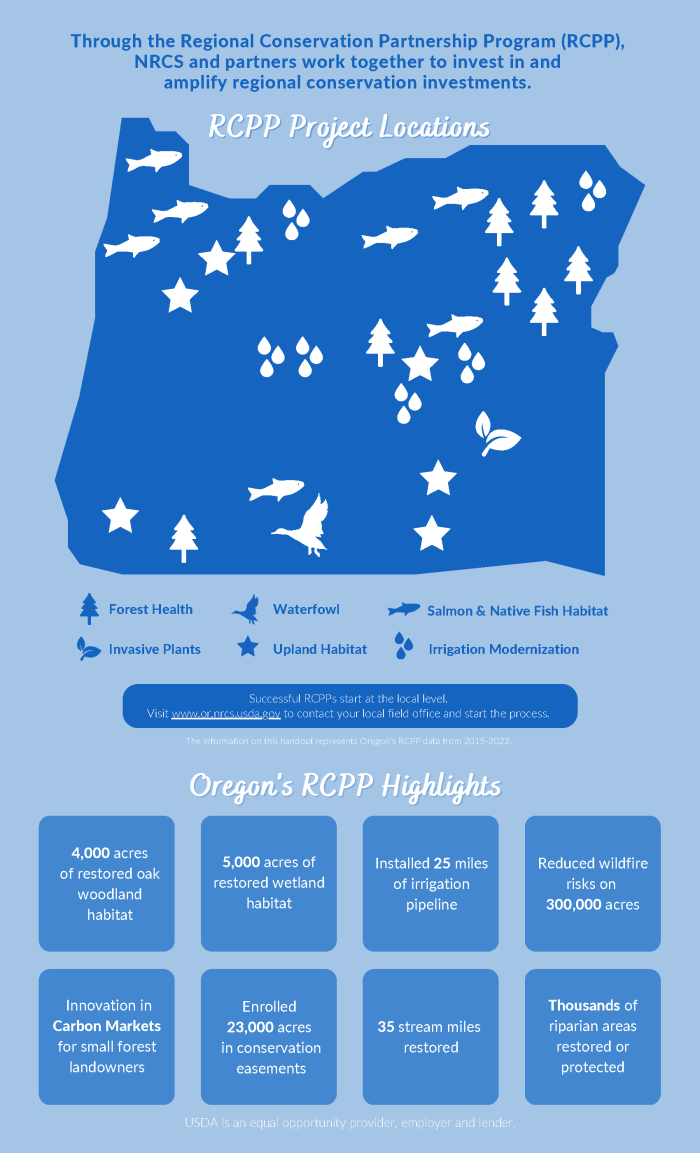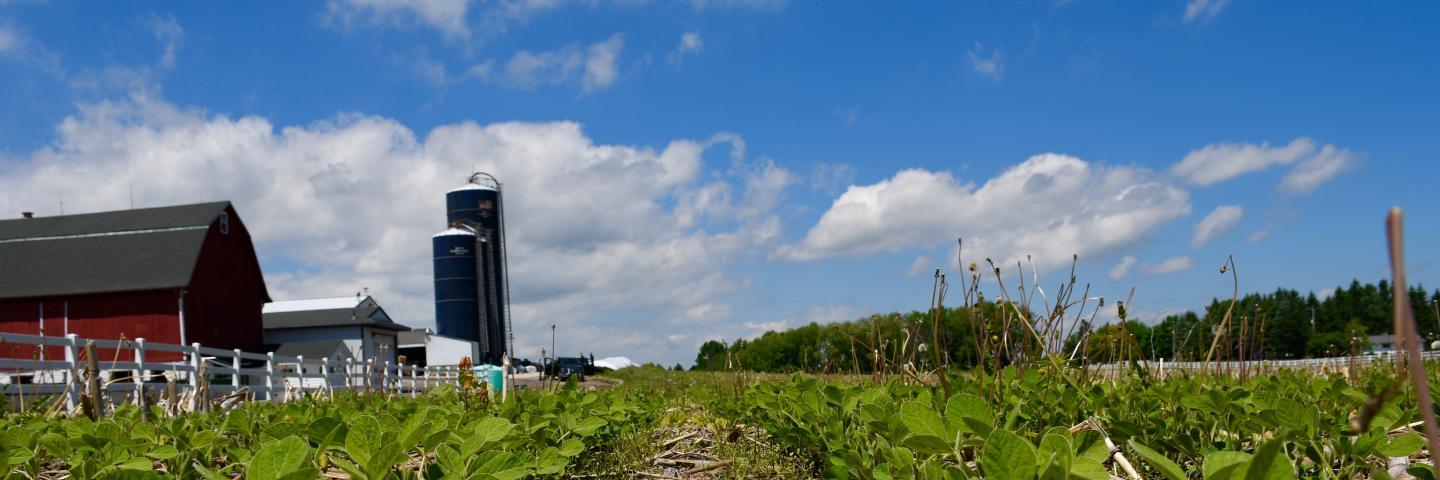
The Regional Conservation Partnership Program (RCPP) is a partner-driven approach to conservation that funds solutions to natural resource challenges on agricultural land.

By leveraging collective resources and collaborating on common goals, RCPP demonstrates the power of public-private partnerships in delivering results for agriculture and conservation.
RCPP projects fall under two different categories: RCPP Classic and RCPP Alternative Funding Arrangements (AFAs). RCPP Classic projects are implemented using NRCS contracts and easements with producers, landowners and communities, in collaboration with project partners. Through RCPP AFAs, NRCS provides funding to partners to support conservation activities with eligible producers and landowners on eligible land. RCPP AFA funding reimburses partners for conservation activities done for or on behalf of producers, landowners, or other entities.
Latest Information
RCPP Improvement Effort
USDA’s NRCS has identified ways to streamline and simplify RCPP, ease the burden on employees and partners, and help maximize flexibility for partners to leverage their investments with NRCS resources and capabilities.
RCPP Partners and Impact
1. Impact—RCPP applications must propose effective and compelling solutions that address one or more natural resource priorities to help solve natural resource challenges. Partners are responsible for evaluating a project’s impact and results.
2. Partner Contributions—Partners are responsible for identifying any combination of cash and in-kind value-added contributions to leverage NRCS’s RCPP investments. It is NRCS’s goal that partner contributions at least equal the NRCS investment in an RCPP project. Substantive partner contributions are given priority consideration as part of the RCPP application evaluation criteria.
3. Partnerships and Management—Partners must have experience, expertise, and capacity to manage the partnership and project, provide outreach to producers, and quantify the environmental outcomes of an RCPP project. RCPP ranking criteria give preference to applicants that meaningfully engage historically underserved farmers and ranchers.
See the 2020 - 2022 awarded projects
RCPP Conservation Activities
RCPP projects may include a range of on-the-ground conservation activities implemented by farmers, ranchers and forest landowners. These activities include:
- Land management/land improvement/restoration practices
- Land rentals
- Entity-held easements
- United States-held easements
- Public works/watersheds
A single RCPP project application can propose to employ any combination of these eligible activity types as part of an RCPP project.
For more information on RCPP easements, visit the RCPP easement page.
RCPP Funding Pools
RCPP funding is divided evenly among two funding pools:
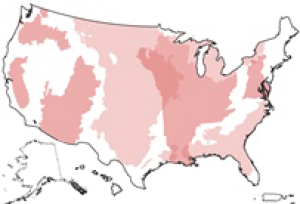
Critical Conservation Areas
For projects in eight geographic areas chosen by the Secretary of Agriculture. These receive 50 percent of funding. Learn more about RCPP Critical Conservation Areas.

State/Multistate
For projects in a single state or across several states. These receive 50 percent of funding.
Who is Eligible
Partner Eligibility
Eligible organizations interested in partnering with NRCS on conservation projects can develop applications for the RCPP competition. The lead partner for an RCPP project is the entity that submits an application, and if selected for an award is ultimately responsible for collaborating with NRCS to successfully complete an RCPP project.
See the RCPP funding announcement for details about what types of organizations are eligible to apply.
Producer and Landowner Eligibility
Once NRCS selects a project and executes an RCPP agreement with a lead partner, agricultural producers may participate in an RCPP project in one of two ways. First, producers may engage with project partners and delegate a willing partner to act as their representative in working with NRCS. Second, producers seeking to carry out conservation activities consistent with a RCPP project in the project’s geographic area can apply directly to NRCS.
Land Eligibility
RCPP projects must be carried out on agricultural or nonindustrial private forest land or associated land on which NRCS determines an eligible activity would help achieve conservation benefits (i.e., improved condition of natural resources resulting from implementation of conservation activities).
Eligible conservation activities may be implemented on public lands when those activities will benefit eligible lands as determined by NRCS and are included in the scope of an approved RCPP project.
More Information

How To Apply
Potential partners are invited to propose RCPP projects where NRCS and partners co-invest in impactful and innovative solutions to on-farm, watershed, and regional natural resource concerns.

Resources for Lead Partners
Resources to help awarded partners negotiate an RCPP Programmatic Partnership Agreement, Supplemental Agreements, and how to work with NRCS to implement conservation activities on the ground.

RCPP in Action
RCPP projects are making an impact across the country.

RCPP Easements
Conservation easements protect working agricultural lands, limit nonagricultural uses, and facilitate the restoration and enhancement of wetlands, grasslands, forestlands, and other natural resources.
Oregon's Regional Conservation Partnership Program
Farmers, ranchers and forest owners who manage property within a current RCPP project area may be eligible for conservation assistance from NRCS and other partners. New RCPP projects are announced annually. Many projects take place over three to five years.
The map linked below shows current funding opportunities for Oregon farmers, ranchers and forestland owners to obtain financial assistance from the USDA Natural Resources Conservation Service (NRCS) through its Strategic Approach to Conservation. If your farm, ranch, or forestland is located within one of these project areas, you may be eligible for financial assistance to help you perform conservation activities on your land.
Contact Oregon's RCPP Coordinators
Larencia Williams
larencia.williams@usda.gov
Beverly McCarroll
beverly.mccarroll2@usda.gov
How to Apply
Contact your your local NRCS field office to start the process. Partners are strongly encouraged to work with their local NRCS field office and Basin Team Leaders to develop project concepts and work through proposals. Eligible lead partners are encouraged to apply.
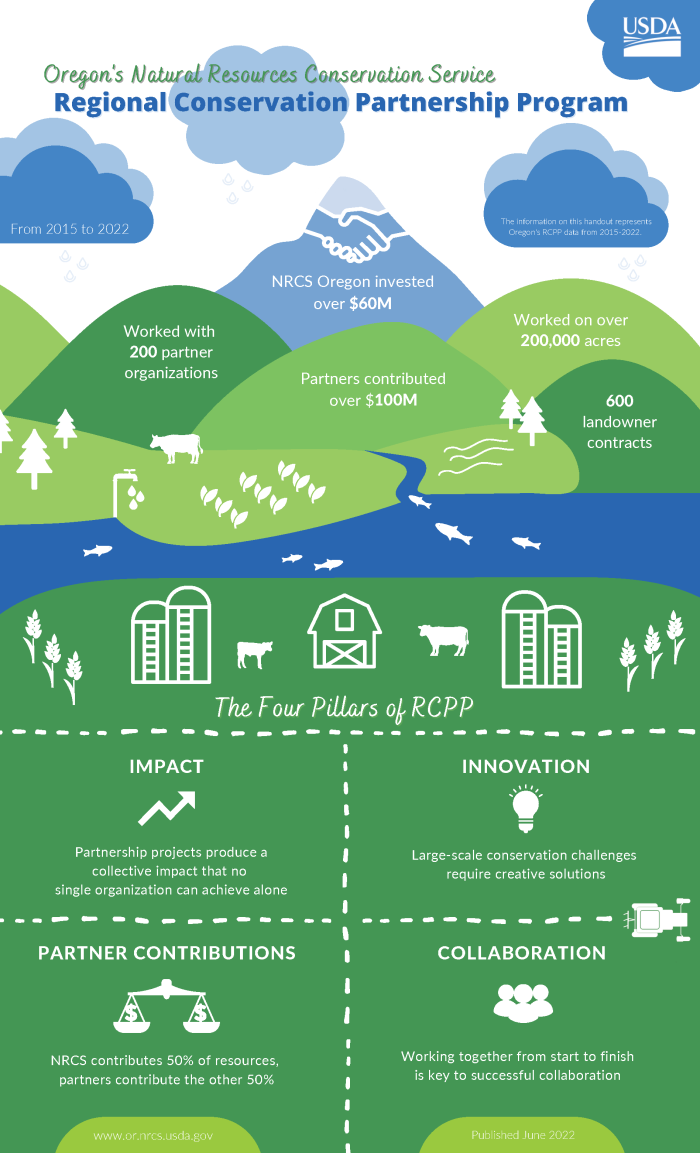
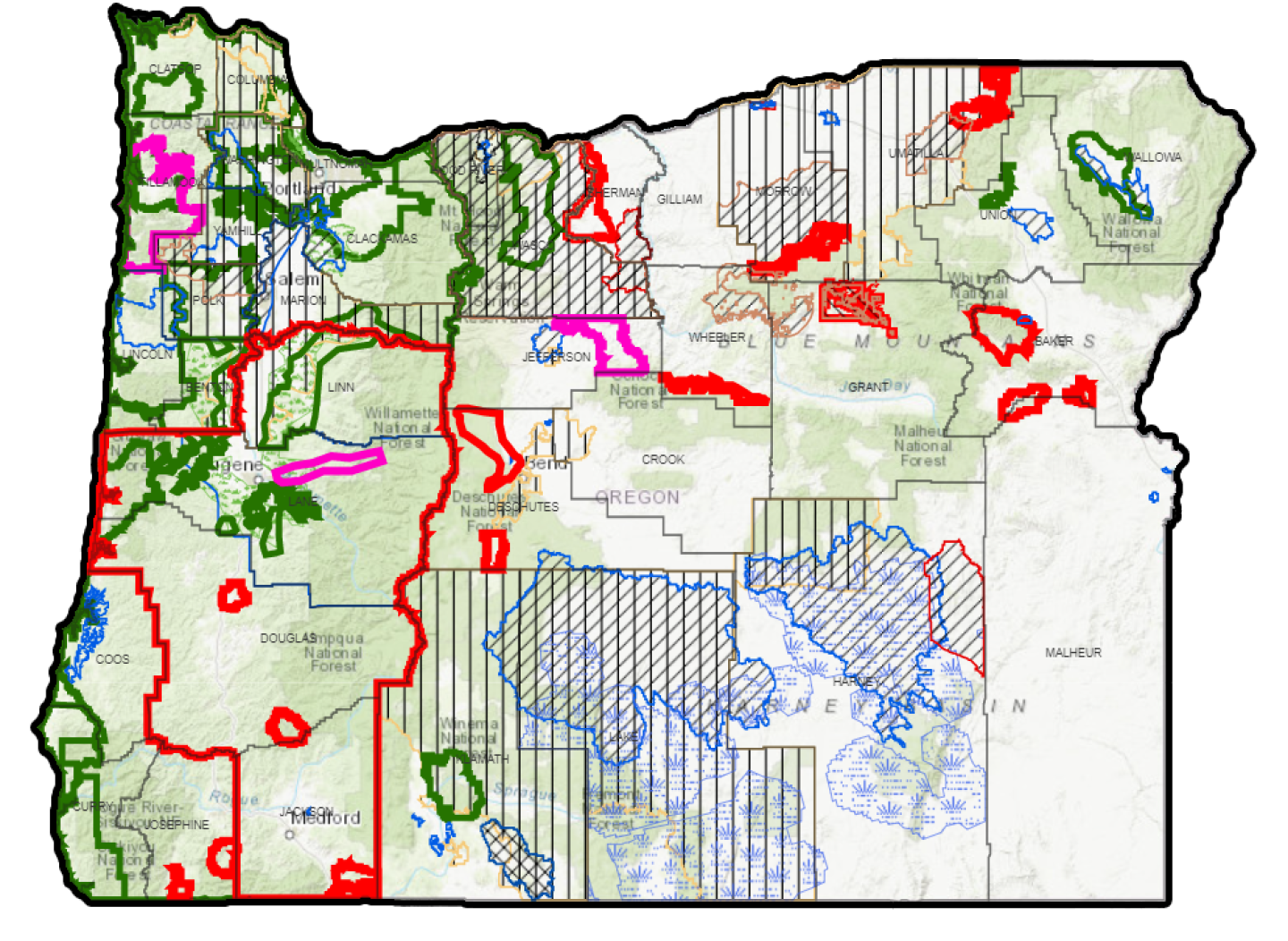
Click here for Oregon's project map!
Oregon's RCPP Projects
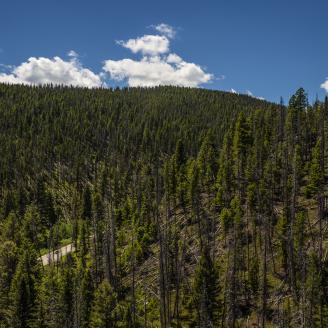
East Oregon Forest Restoration
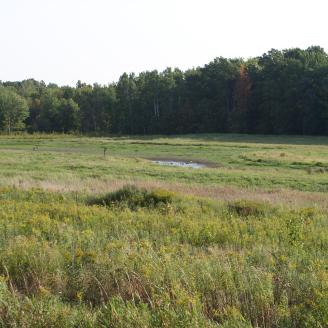
Klamath Basin Farming and Wetland Collaborative
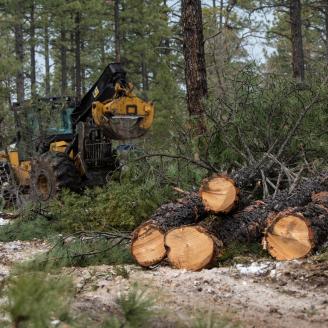
Lomakatsi West Bear All Lands Forest Restoration Project
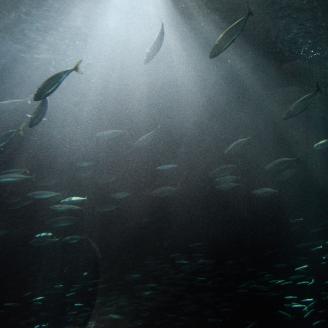
Lower John Day Canyons Restoration Initiative
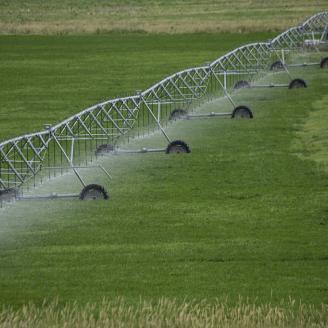
McKay Creek On-Farm Modernization
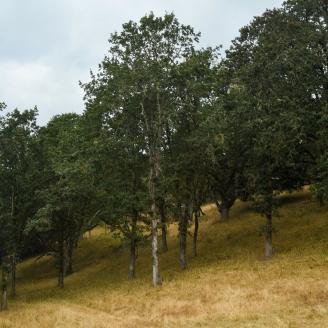
North Willamette Valley Upland Oak Restoration Partnership
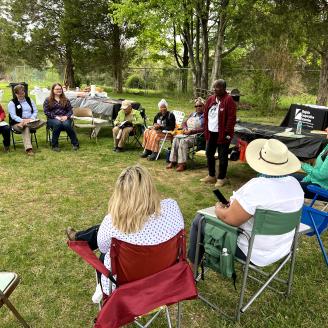
Northern Steens RCPP
Polk County Oak Habitat Restoration

Smith Rock Irrigation Modernization and Conservation

South Fork John Day Watershed Restoration

Stewarding the Working Wild: Non-Lethal Predator Risk Management on Agriculture Operations
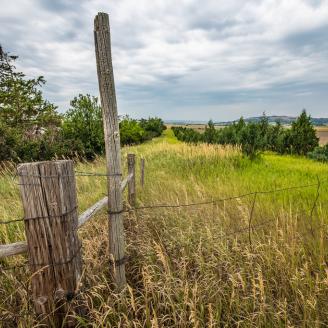
Stinkingwater Area Medusahead Management Plan

Three Sisters Irrigation District On Farm & Renewable Energy
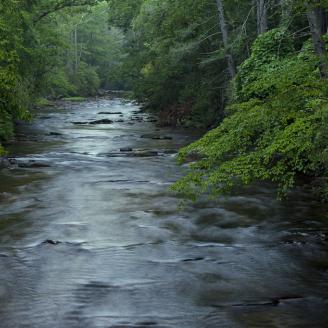
Tillamook Watersheds Conservation Partnership
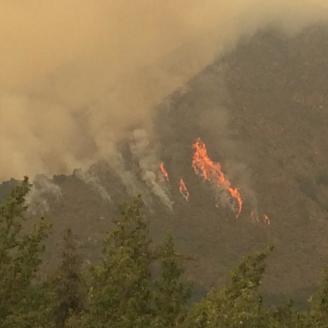
Wallowa North RCPP - Alder Slope Renewal
Ready to get started?
Contact your local service center to start your application.


